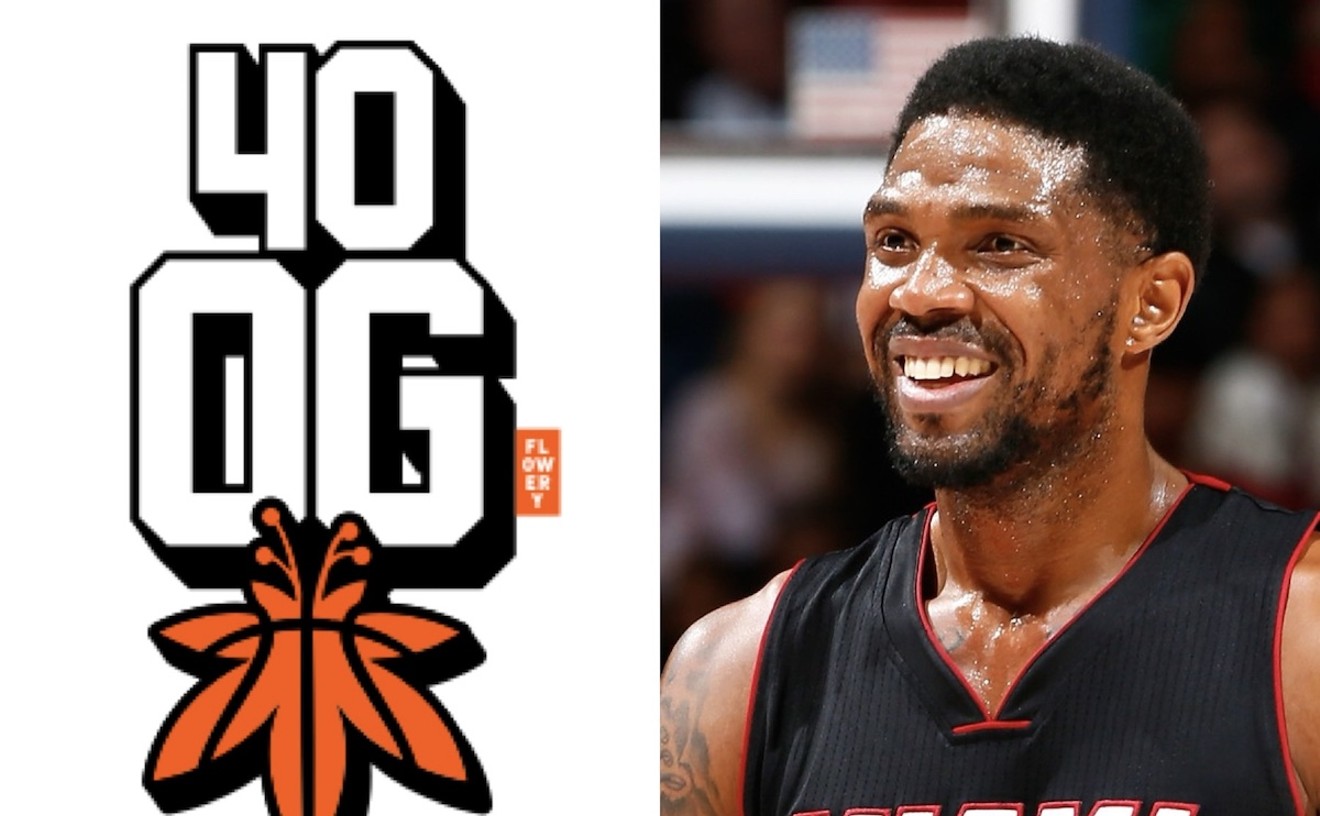Writer-director Mia Hansen-Løve's third feature, Goodbye First Love begins in 1999, when protagonist Camille (Lola Créton), a highly emotional high school girl in love, is 15 and tracks her through her mid-20w as she's establishing a career. We first follow Camille through her all-consuming romance with Sullivan (Sebastian Urzendowsky), a slightly older dreamboat. He scoots around Paris on a bike and visits her by appearing, suddenly, at her bedroom window. ("My Romeo," she greets him, not without a hint of irony.) He adores her but remains enigmatic; while she lives for their moments together, he's looking to his future. "He's the one," she tells her mother with certainty. "You're 15!" Mom responds. "Go see a movie or something." But unformed and animalistic, Camille can't focus on anything but her desire.
When Sullivan takes off on a backpacking trip to South America and leaves Camille behind to finish high school, she's devastated; their attempts to keep in touch only push Camille deeper into depression. She hits bottom, and then with a cut, Hansen-Løve jumps a few years ahead. Now an architecture student living in a romantically cramped garret apartment, Camille starts seeing Lorenz (Magne-Havard Brekke), her fortysomething bohemian-genius prof who helps to awaken her intellect, much as Sullivan flipped a switch and turned on her feelings. "I have a vocation," Camille writes in her diary. "Isn't that enormous?" Emboldened by this new "reason to live," Camille puts the past behind her. And then the past, in the form of Sullivan, comes back.
Hansen-Løve's last feature, Father of My Children, was built loosely around the story of film producer Humbert Balsan, who killed himself in 2005. Rather than directly dramatizing Balsan's life, death, and its aftermath, Hansen-Løve used that real-life material to serve as the framework for an exploration of how a family moves past a traumatic incident, dramatizing not death, but lives moving on.
Goodbye First Love seems to pull a similar trick on the now-31-year-old filmmaker's coming of age. When Hansen-Løve was 17, Olivier Assayas cast her in his 1998 film Late August, Early September. Three years later, Hansen-Løve started dating Assayas, who is 25 years her senior; they're now married. Then, when she was in her mid twenties, Hansen-Løve began directing her own movies. Like Father of My Children, Goodbye First Love loosely fictionalizes lived experience in order to capture the ineffable — in this case, emotional maturation or, as Sullivan phrases it, "becom[ing] a real person." Fittingly, it's also a film about learning how to plunder one's own experience to make something richer than direct memoir.
While Hansen-Løve made no secret of the real-life inspiration to her last feature, the death of the film's titular character was handled so abruptly that some critics treated the plot point as though mentioning it qualified as a spoiler. In Goodbye First Love, Hansen-Løve again shows a bold interest in circumventing narrative expectation by eliding the scenes that would be the meat of another coming-of-age film. We see what we presume is the run-up to Camille's deflowering, but not the event itself; we tag along on what is evidently Lorenz and Camille's first date but are left to guess the contents of the conversation that initiated this extracurricular outing between middle-age teacher and just-post-pubescent student. In what she does choose to show, the filmmaker is extraordinarily attuned to what makes a moment stick as a memory — a certain quality of light, the faint ticking of a clock, an article of clothing, the way bodies define a space in how they occupy it.
In class, Lorenz talks about "the journey": In his students' work, he wants them to use memories of the past to inform the creation of new things that both inspire and reflect ongoing lives. In a sense, this is the true subject of Goodbye First Love. More than Camille's first love, or even the question of whether she can say goodbye, Hansen-Løve is interested in how one learns to make art out of life.










